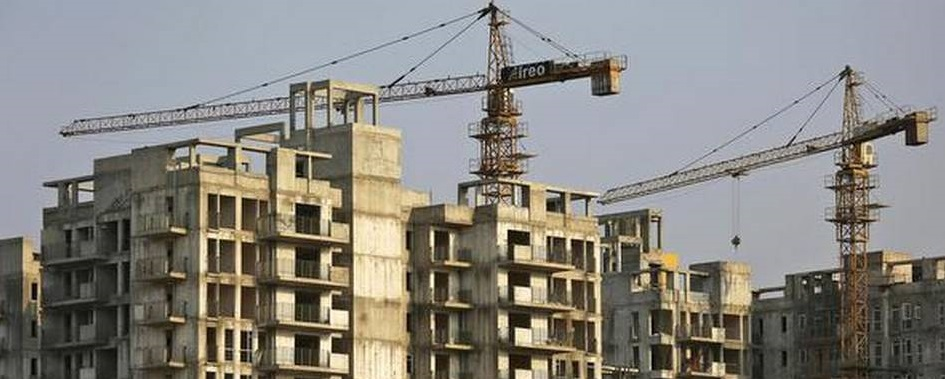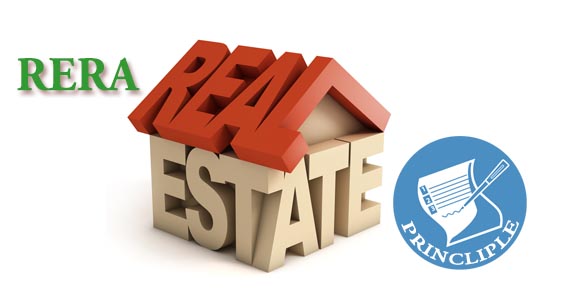The government is examining whether two separate Acts on the subject of regulation of the real estate sector — one enacted by the Centre and the other by a state — can coexist. The ministry of housing and urban affairs announced on Twitter on Thursday that it is examining whether both Acts can co-exist.
RERA was fully notified in 2017 and states were given powers to notify their respective rules and appoint regulatory authorities. While this is applicable across the country, except in J&K, the West Bengal government is the only one that has come out with its separate legislation, HIRA.
The government had earlier constituted a sub-committee in the Central Advisory Council meeting with the objective of persuading the Bengal government to adopt RERA, besides oversee the implementation in other states. However, this sub-committee has not been notified till now.
Having central and state Acts on the same subject is under examination. A sub-committee under these circumstances will serve no purpose. Full compliance of transformational legislation like RERA will bring positive changes in the sector which will be good for all stakeholders,” tweeted the ministry of housing and urban affairs.
Both RERA and West Bengal’s HIRA differ on the definition of force majeure clause and garage. Under RERA, force majeure clause can be invoked only in case of war, draught, floods, earthquake, fire or any other natural calamity affecting the regular development of real estate projects.
However, according to HIRA, over and above the conditions listed under RERA, force majeure clause can be declared for any other circumstance prescribed.
RERA has defined garage as a place within a project that has a roof and walls on three sides for parking any vehicle, but it does not include unenclosed or uncovered parking area. HIRA, on the other hand, says a parking slot means such an area as may be prescribed, and garage as sanctioned by the competent authority.
Experts have raised concern over the dilution of the Act and are of the view that states need to follow RERA in letter and spirit. According to them, states may decide to follow the model adopted by Bengal if it goes through, and may result in making RERA redundant.
Most states have initiated the process of setting up the regulator and authorities from Maharashtra, Punjab, Madhya Pradesh, Haryana and Gujarat have already started passing the orders. Kerala and Telangana have notified their state rules under RERA, but are yet to set up an authority.

